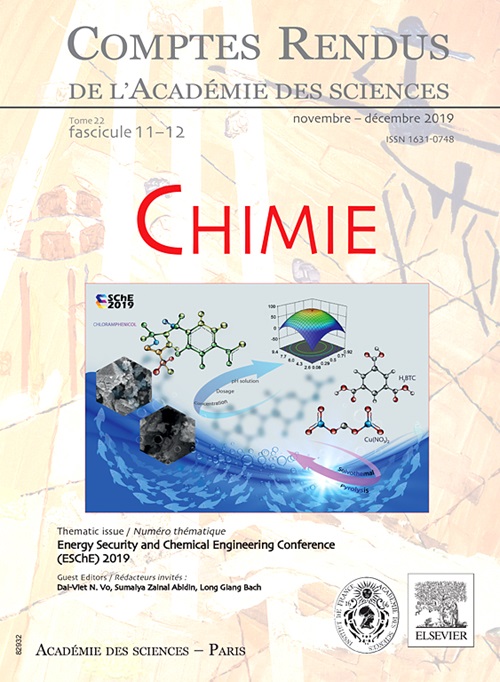椭圆型monge - ampantere方程的自适应最小二乘算法
IF 0.6
4区 化学
Q3 CHEMISTRY, MULTIDISCIPLINARY
引用次数: 0
摘要
我们用最小二乘/松弛方法解决了二维椭圆型monge - ampantere方程的Dirichlet问题的数值解。松弛算法允许微分算子从方程的非线性解耦,在一个分裂的方法。该近似依赖于正则化技术的混合低阶有限元方法。为了考虑非光滑情况下的数据奇异性,我们引入了一种自适应网格细化技术。误差指示器基于散度形式下的monge - ampantere方程的独立公式,该公式允许显式显示残差项。我们表明,误差由一个后验误差指标加上一个有待估计的额外项从上面限定。然后在现有的最小二乘框架内使用该指标。数值实验结果支持松弛方法收敛于一个凸经典解,如果这样的解存在的话。否则,它们支持收敛到最小二乘意义上的广义解。自适应网格细化被证明是有效的、鲁棒的、准确的处理奇异点的测试用例。本文章由计算机程序翻译,如有差异,请以英文原文为准。
An adaptive least-squares algorithm for the elliptic Monge–Ampère equation
We address the numerical solution of the Dirichlet problem for the two-dimensional elliptic Monge–Ampère equation using a least-squares/relaxation approach. The relaxation algorithm allows the decoupling of the differential operators from the nonlinearities of the equation, within a splitting approach. The approximation relies on mixed low order finite element methods with regularization techniques. In order to account for data singularities in non-smooth cases, we introduce an adaptive mesh refinement technique. The error indicator is based an independent formulation of the Monge–Ampère equation under divergence form, which allows to explicit a residual term. We show that the error is bounded from above by an a posteriori error indicator plus an extra term that remains to be estimated. This indicator is then used within the existing least-squares framework. The results of numerical experiments support the convergence of our relaxation method to a convex classical solution, if such a solution exists. Otherwise they support convergence to a generalized solution in a least-squares sense. Adaptive mesh refinement proves to be efficient, robust, and accurate to tackle test cases with singularities.
求助全文
通过发布文献求助,成功后即可免费获取论文全文。
去求助
来源期刊

Comptes Rendus. Chimie
化学-化学综合
CiteScore
2.10
自引率
25.00%
发文量
89
审稿时长
3 months
期刊介绍:
The Comptes Rendus - Chimie are a free-of-charge, open access and peer-reviewed electronic scientific journal publishing original research articles. It is one of seven journals published by the Académie des sciences.
Its objective is to enable researchers to quickly share their work with the international scientific community.
The Comptes Rendus - Chimie also publish journal articles, thematic issues and articles reflecting the history of the Académie des sciences and its current scientific activity.
 求助内容:
求助内容: 应助结果提醒方式:
应助结果提醒方式:


